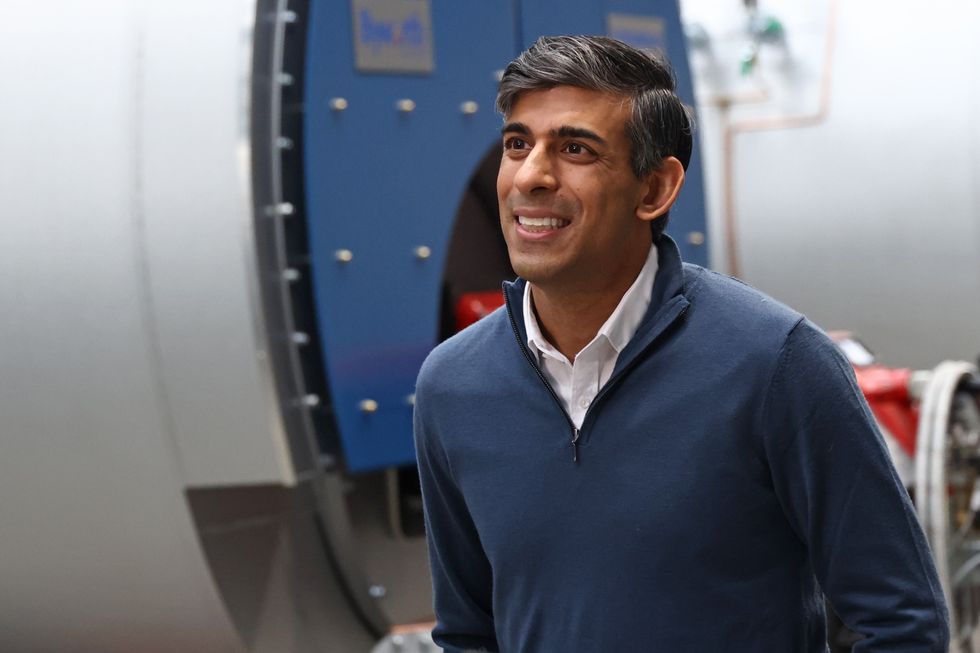Blow to pension system as vital reform ‘delayed’ due to General Election: ‘Up in the air!’
Getty Images
Changes to the pension system have been pushed back which experts believe need to be implemented as soon as possible
Don't Miss
Most Read
Trending on GB News
The upcoming General Election has “delayed” vital reform to the pensions system in a blow to retirees, according to experts.
Legislation is already in place to hopefully improve the existing status quo for pension pots in the UK but this has been postponed as voters prepare to go to the polls on July 4.
Among the pending changes to the system include the expansion of automatic enrolment to younger people and greater choice of workplace retirement plans.
Experts are urging politicians not to forget said reforms and to prioritise them once the election is over.
During the General Election campaign, both Labour and the Conservatives have pledged to keep the state pension triple lock.
The Tories have gone one step further and floated the “triple lock plus” which would see tax-free allowances for pensions rise annually.
Do you have a money story you’d like to share? Get in touch by emailing money@gbnews.uk.
 Blow to pension system as vital reform ‘delayed’ due to General Election: ‘Up in the air!’Getty Images
Blow to pension system as vital reform ‘delayed’ due to General Election: ‘Up in the air!’Getty ImagesHowever, this has not been supported by the Official Opposition with Shadow Chancellor Rachel Reeves describing it as a “gimmick”.
Nicholas Clapp, a commercial director of TPT Retirement Solutions, warned that Britons could see a “delay” in when they can bolster their pension savings.
He explained: “The announcement of the general election means the progress of several important pension reforms is now up the air.
“The expansion of automatic enrolment to those aged under 22 and those in part-time work will now be delayed until we know the result of the election and the administration’s intentions, which will delay people from building up their savings for retirement.

Changes to the pension system are being postponed as voters head to the polls
GETTY“We were also expecting a draft of the multi-employer Collective Defined Contribution (CDC) scheme regulations to be published in the coming weeks.”
According to the retirement expert, this legislation would have allowed all employers to give workers a collective defined contribution (CDC) scheme which is usually reserved for larger businesses.
Through this particular scheme, both the employer and employee contribute to a collective fund.
Similar to a defined benefit scheme, the CDC pays scheme members an income in retirement.
LATEST DEVELOPMENTS:

Rishi Sunak is hoping to woo older voters
PAHowever, unlike a defined benefit scheme, the employer does not guarantee the pension savings paid by the scheme.
Clapp added: “Proposals to give DB schemes more flexibility to access surpluses will also be delayed.
“These reforms would have created a much greater incentive for schemes to consider run-on, serving as an alternative solution to an insurer buyout.”
The new Parliament will first meet on Tuesday July 9 after the General Election.








